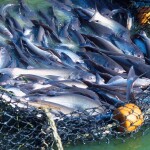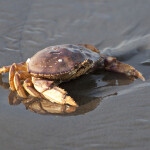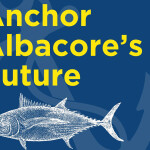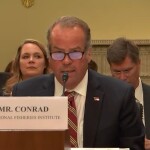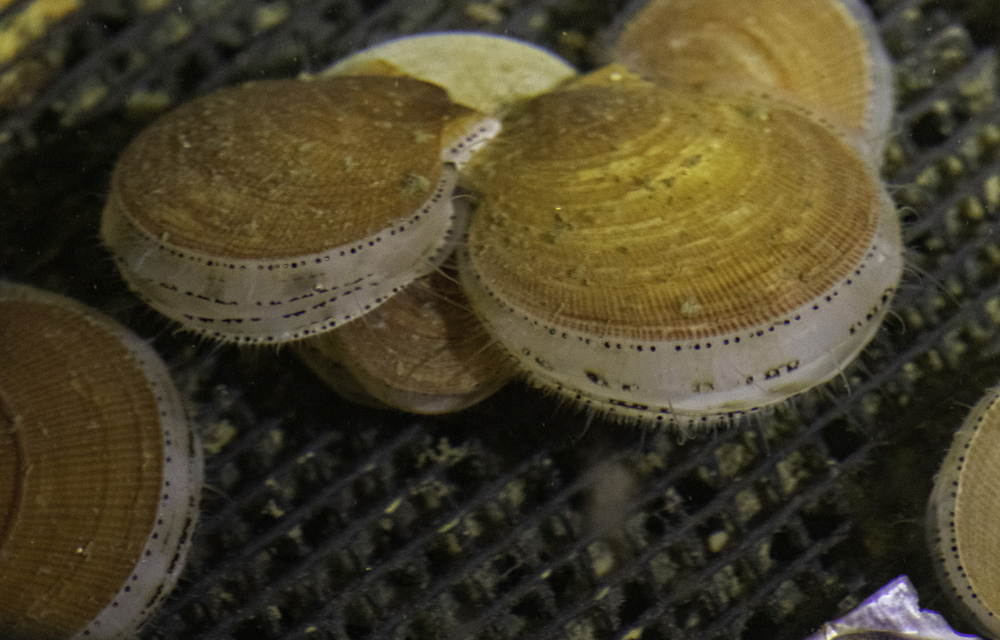Regulators have reopened commercial scallop fishing in the Northern Gulf of Maine after the season was briefly paused when federal officials failed to approve recommended catch limits in time.
The New England Fishery Management Council (NEFMC) approved new quotas for the 2025 and 2026 scallop seasons in December 2024, setting a quota of 675,563 pounds for 2025 and a quota of 506,672 pounds for 2026 in the Northern Gulf of Maine federal fishery. However, the federal government still hadn’t approved those quotas before the 2025 season launched 1 April.
The fishery was still able to commence under a default set-aside quota, but with a catch limit of just 350,000 pounds that temporary quota was far lower than the one approved by NEFMC. New England scallopers quickly hit the lower quota, forcing regulators to close the fishery 11 April, leaving scallopers in limbo over when, or if, the season would continue.
Having finally secured the needed approvals from the administration of U.S. President Donald Trump, NOAA Fisheries reopened the fishery 21 April with the NEFMC-approved quota.
“This action reopens the [Northern Gulf of Maine] to allow for the harvest of the remaining 2025 set-aside [quota],” NOAA Fisheries noted in the Federal Register. “The gulf will be closed when we project that the 2025 set-aside of 675,563 pounds has been harvested.”
Commercial fisheries on both the U.S. East and West coasts have faced delays or interruptions to their seasons due to substantial staffing cuts implemented by the Trump administration.
“We are seeing reports that at least 5 percent of the workforce dealing with fisheries were probationary employees, who are now on administrative leave,” Elizabeth Lewis, a senior associate attorney with law firm Eubanks & Associates, said in early April, noting that New England fisheries were likely to start late. “So, these people can’t write the regulations; they can’t do the science.”
In Alaska, state senators were forced to intervene in order to get the approvals from the Trump administration needed to open the state's black cod and halibut seasons.
“That was caught up in a process that most fishermen will not know. They don’t care to know how the sausage is made; they just want to know they’ll be able to get out on the water and be able to do their fishing,” U.S. Senator Lisa Murkowski (R-Alaska) told the Alaska state legislature in March. “We were able to do that for them, so that was a good win.”

